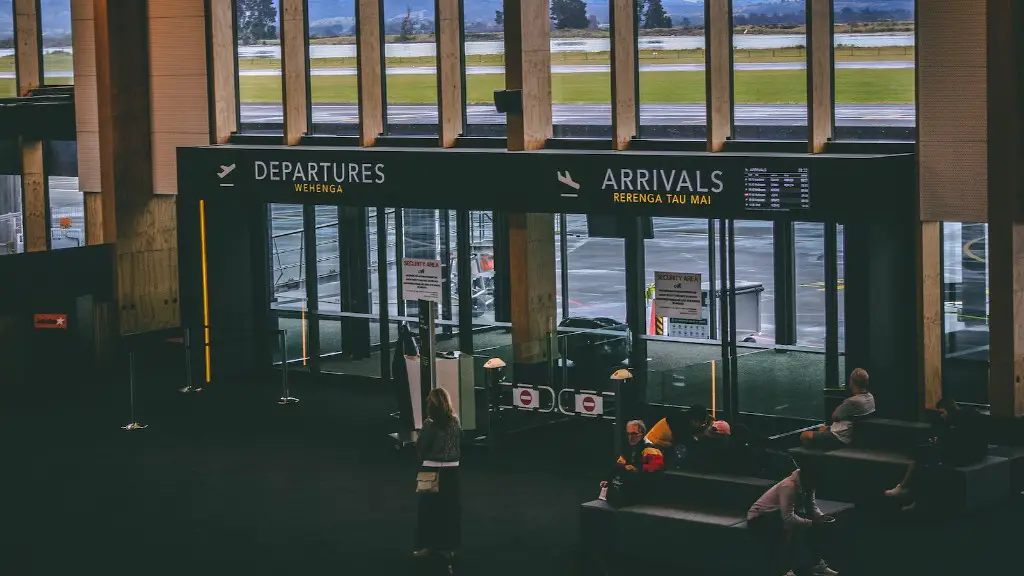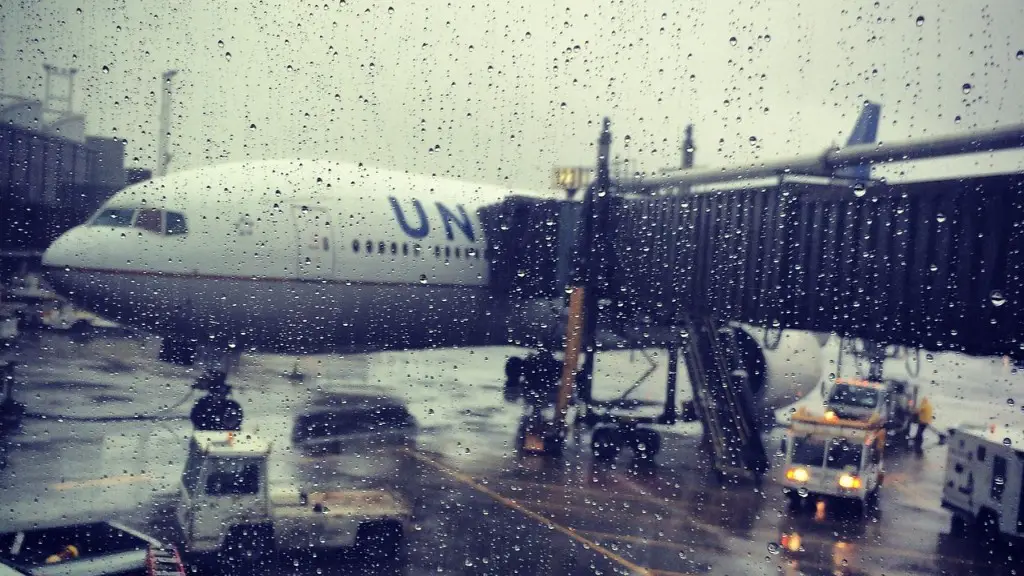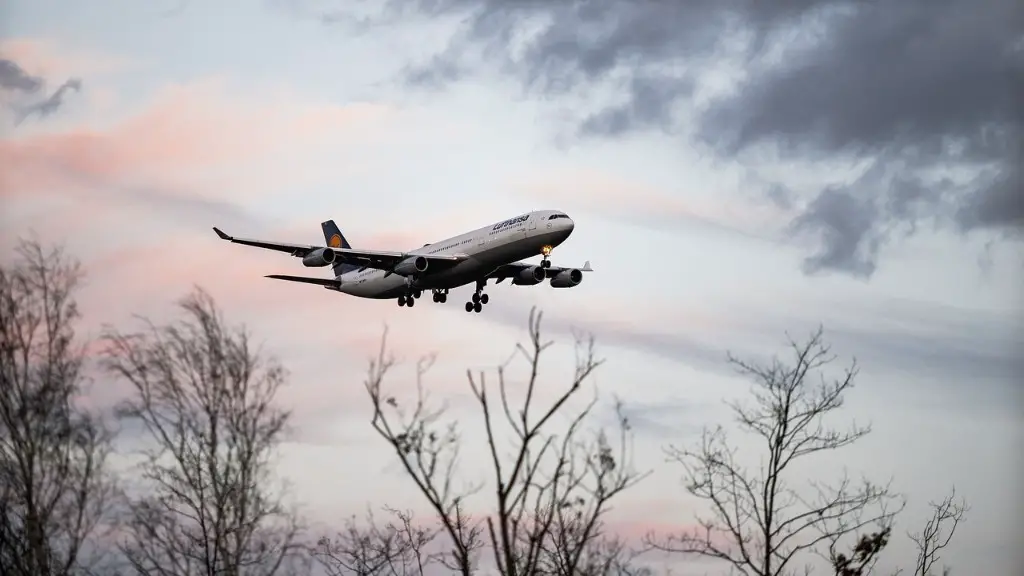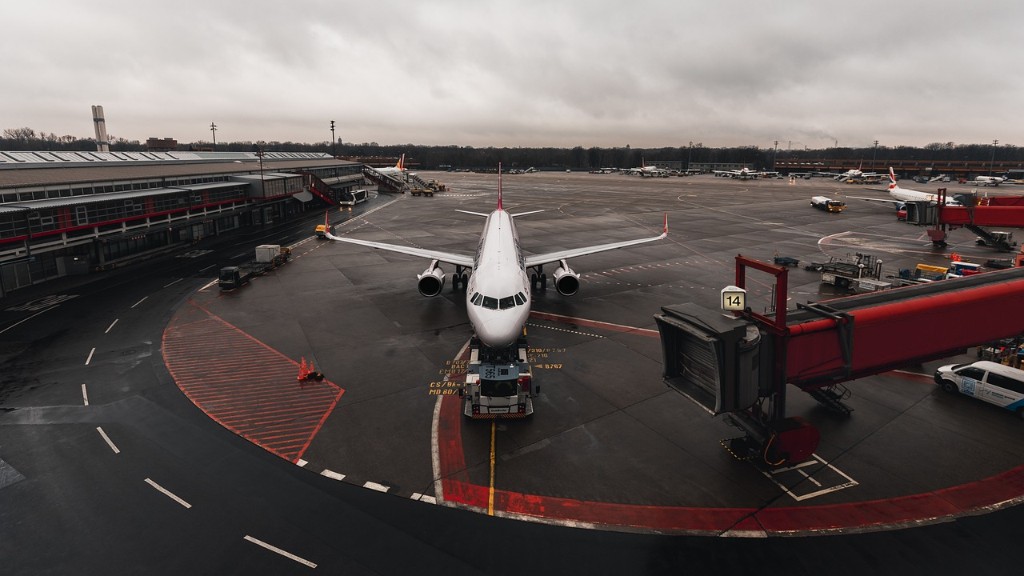Since the early 1960s, travel to Cuba has been restricted for U.S. citizens. The restrictions were first put in place in response to the Cuban Revolution and have been periodically tightened and loosened over the years. Currently, the restrictions are relatively tight, with only a few categories of travelers allowed to visit.
Yes, travel to Cuba is restricted for U.S. citizens.
Can US citizens travel to Cuba right now?
Before you travel to Cuba, it is a good idea to check the latest COVID-19 news and entry requirements for your destination. Cuba is currently open for travel, even for Americans, and regardless of vaccination status. However, it is important to note that there may be some entry requirements or restrictions in place, depending on your destination. Be sure to check the latest news and requirements before you travel, so that you can be prepared and enjoy your trip.
Cuba is currently open for travel, but you must comply with additional entry requirements and travel restrictions due to the COVID-19 pandemic. It is generally safe to travel to Cuba, but you should check with your local authorities for the latest travel advisories.
Can Americans travel to Cuba 2023
Yes! Travel to Cuba in 2023 is still possible for Americans who wish to travel independently, without being part of a big, expensive tour group. You just need to pay attention to the rules.
Americans are allowed to travel to Cuba under 12 different categories that reflect the activities travelers will do while in Cuba. These categories are: family visits, professional research, religious activities, public performances or sports competitions, support for the Cuban people, humanitarian projects, educational activities, journalistic activity, business projects, people-to-people travel, and authorized travel.
If you want to travel to Cuba, you need to make sure that your travel falls under one of these categories. For example, if you want to go to Cuba for a family visit, you need to have a close relative who is a Cuban citizen. Or, if you want to go for professional research, you need to be affiliated with an organization that promotes people-to-people contact.
The best way to make sure you are following the rules is to consult with a travel professional who is familiar with the Cuban travel restrictions. They can help you choose the right category for your trip and make sure you have the proper documentation.
As of 2016, American Airlines, Southwest Airlines, jetBlue, United, Republic Airways, Delta and Mesa Airlines all fly non-stop to Cuba from various US cities. This makes travel to Cuba much easier for Americans than it was in the past.
Why are US citizens not allowed to travel to Cuba?
The embargo was placed on Cuba in 1962 by the US government state department in order to cut off trade between the two countries. Although the embargo is still in place, it is possible to travel to Cuba. However, it may be more difficult than you think due to the restrictions that are in place.
If you’re looking to get to Cuba from the US, there are a few different options for direct flights. American Airlines, JetBlue, SouthWest Airlines, and United Airlines all offer direct flights from various US cities including Miami (MIA), New York (JFK), Fort Lauderdale (FLL), Atlanta (ATL), Houston (IAH), and Newark (EWR). So no matter where you’re coming from, there’s likely to be a direct flight option that can get you to Cuba.
What US cities have direct flights to Cuba?
There are several US airports that offer direct flights to Havana, Cuba. These include New York JFK, Newark Liberty, Houston Intercontinental, Tampa, Fort Lauderdale, and Miami. Airlines such as American, JetBlue, Southwest, and United are responsible for such services.
Since the travel restrictions were lifted in 2016, American travelers have been able to visit Cuba legally for the first time in over 50 years. The experience of visiting Cuba is unique, and American travelers should take advantage of the opportunity to see the island for themselves.
How much is a trip to Cuba for a week
A typical seven day trip to Cuba from the US can cost anywhere from $1,200 to $3,000USD. This includes flights, accommodation, and insurance. It is recommended that you plan to pay at least $500 USD for your flight ticket, but it could be as high as $1,700, depending on your departure city.
Key West, the southernmost point in the continental United States, is located in the Florida Keys. The Keys are a chain of coral islands that off the south coast of Florida, beginning at the southeastern tip of the state. Key West is about 95 miles (153 km) north of Cuba and 106 miles (171 km) northeast of Havana. The island is also just 130 miles (210 km) southwest of Miami. Key West is home to a large number of attractions, including the Ernest Hemingway House, the Key West Lighthouse, the Key West Butterfly and Nature Conservatory, and Fort Zachary Taylor State Park.
What is the best month to go to Cuba?
If you’re looking to visit Cuba during the most pleasant months, March to mid-April is the best time to go. Prices may be slightly lower in January-February, but you’ll still be able to enjoy the warm and sunny weather without the humidity or storms of summer.
If you are an American citizen planning to visit Cuba, you will need to have a valid passport and an entry visa. You can purchase a Cuban Tourist Visa here. Please note that US credit and debit cards do not work in Cuba.
Is Delta flying to Cuba
We are excited to announce that Delta Air Lines is restarting its service to Havana, Cuba! Two daily nonstop flights from Miami International Airport (MIA) will begin April 10, 2023. With this restart, customers traveling through Miami will have access to203 weekly nonstop flights at 10 US airports. We can’t wait to welcome you onboard!
If you want to see the different sides of Cuba, then we recommend choosing a cruise with Royal Caribbean. Their itineraries are more complete and offer stopovers in the 3 main ports of Cuba, so you can get a more well-rounded experience of the country. If time is more of a factor, then Norwegian Cruise Line (NCL), Carnival, or MSC might be better choices since they offer itineraries ranging from 3 nights to 7 nights. Just keep in mind that the majority of them only visit Havana, so you won’t get to see as much of the country.
Can Americans stay in Cuban hotels?
There are many private accommodation options in Cuba that American citizens can take advantage of. These include apartments, B&Bs and homestays. These accommodations are often more affordable and comfortable than government-run hotels.
The United States and Cuba re-established diplomatic relations on July 20, 2015, after over 50 years of estrangement. The rapprochement between the two countries began in December 2014, when U.S. President Barack Obama and Cuban President Raul Castro announced that their respective governments would begin working towards normalizing relations. In the following months, the two countries reopened their respective embassies in Washington, D.C. and Havana, and high-level representatives from both sides held talks on a variety of issues.
Since the re-establishment of diplomatic relations, the United States and Cuba have been working to strengthen ties and improve cooperation on a range of issues, including economic development, migration, counter-narcotics, and human rights. In March 2016, President Obama made a historic visit to Cuba, becoming the first U.S. President to do so in over 80 years. During his visit, President Obama underscored the potential for increased cooperation between the United States and Cuba on a variety of issues, including economic development, education, and healthcare.
Conclusion
Yes, travel to Cuba is restricted for U.S. citizens.
Yes, travel to Cuba is restricted. The U.S. Department of Treasury’s Office of Foreign Assets Control (OFAC) administers the embargo against Cuba.





